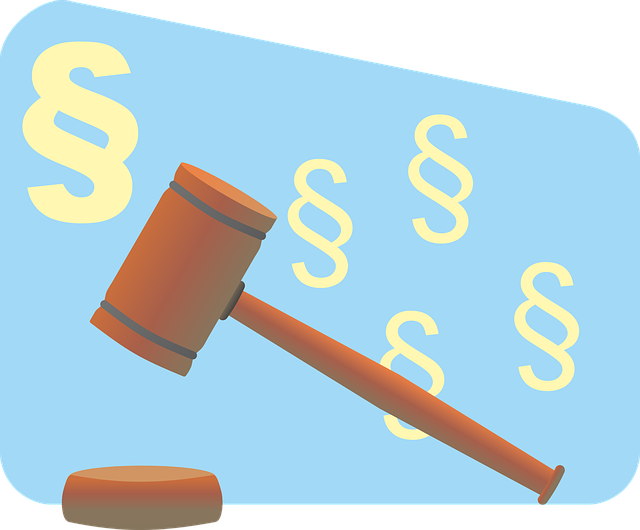Employee Rights Under Labor Law Violations protect workers from unfair treatment like wage discrimination, harassment, and wrongful termination. Understanding these rights and common violations is crucial for organizations to maintain fairness, comply with laws, and avoid legal disputes that can lead to significant compensation for affected employees. Skilled representation ensures favorable outcomes in complex cases involving potential criminal proceedings.
Litigation Types: Navigating Labor Law Violations and Employee Rights. In today’s complex legal landscape, understanding employee rights under labor law violations is crucial for ensuring fair compensation and justice. This article delves into common violations, exploring the legal recourse and protections available to employees. We guide you through the litigation processes, empowering you to navigate the system effectively. By understanding your rights, you can advocate for yourself and foster a more equitable work environment.
- Understanding Common Labor Law Violations
- Employee Rights: Legal Recourse and Protections
- Navigating Litigation Processes for Fair Compensation
Understanding Common Labor Law Violations
Labor law violations can arise from a variety of actions or omissions that negatively impact employee rights. Common violations include unfair wage practices, such as non-payment or underpayment of wages, failure to provide accurate wage statements, and excessive overtime without proper compensation. Discrimination is another significant area, encompassing issues like unequal pay for equal work, harassment based on race, gender, age, or disability, and refusal to accommodate disabilities.
These violations often result in legal disputes where employees, protected by labor laws, seek justice and redress. High-stakes cases involving complex labor law issues require skilled representation to achieve extraordinary results for his clients. Understanding these common violations is crucial for both employers and employees, as it fosters a culture of fairness and ensures compliance with the law, ultimately strengthening the rights of workers.
Employee Rights: Legal Recourse and Protections
Employee Rights under Labor Law Violations play a crucial role in ensuring fairness and justice within organizations. When employers infringe upon workers’ rights, be it through unfair dismissal, discrimination, or non-compliance with labor laws, employees have legal recourse to protect their interests. These protections are designed to hold employers accountable and prevent the abuse of power.
The scope of Employee Rights extends beyond simple employment contracts, delving into various federal and state labor laws that govern working conditions, wages, and benefits. This comprehensive framework ensures workers can seek remedies for violations, including compensatory damages, reinstatement, or injunctive relief. A robust general criminal defense strategy is also essential, as it helps employees avoid indictment in cases where legal action may be complicated by criminal proceedings across the country.
Navigating Litigation Processes for Fair Compensation
Navigating the complex landscape of litigation can be a daunting task, especially when it comes to ensuring fair compensation for labor law violations. Employee rights are paramount in any legal proceedings involving workplace disputes, and understanding the processes involved is crucial. When an employee believes their rights under labor laws have been infringed upon, such as unfair termination, wage discrimination, or violation of health and safety standards, they must be aware of the available legal avenues.
The litigation process begins with identifying the appropriate legal mechanism to address the violation. This often involves a thorough review of the specific labor laws and regulations applicable to the case. Once filed, the case proceeds through all stages of the investigative and enforcement process, ensuring that both corporate and individual clients’ rights are protected. A successful outcome can result in significant compensation for the aggrieved party, serving as a powerful deterrent to future labor law violations.
Understanding common labor law violations is crucial for both employees and employers, as it empowers individuals to know their rights and seek fair compensation through effective legal recourse. By navigating the litigation processes discussed in this article, individuals can ensure their employee rights are protected and upheld, fostering a more equitable workplace environment.






